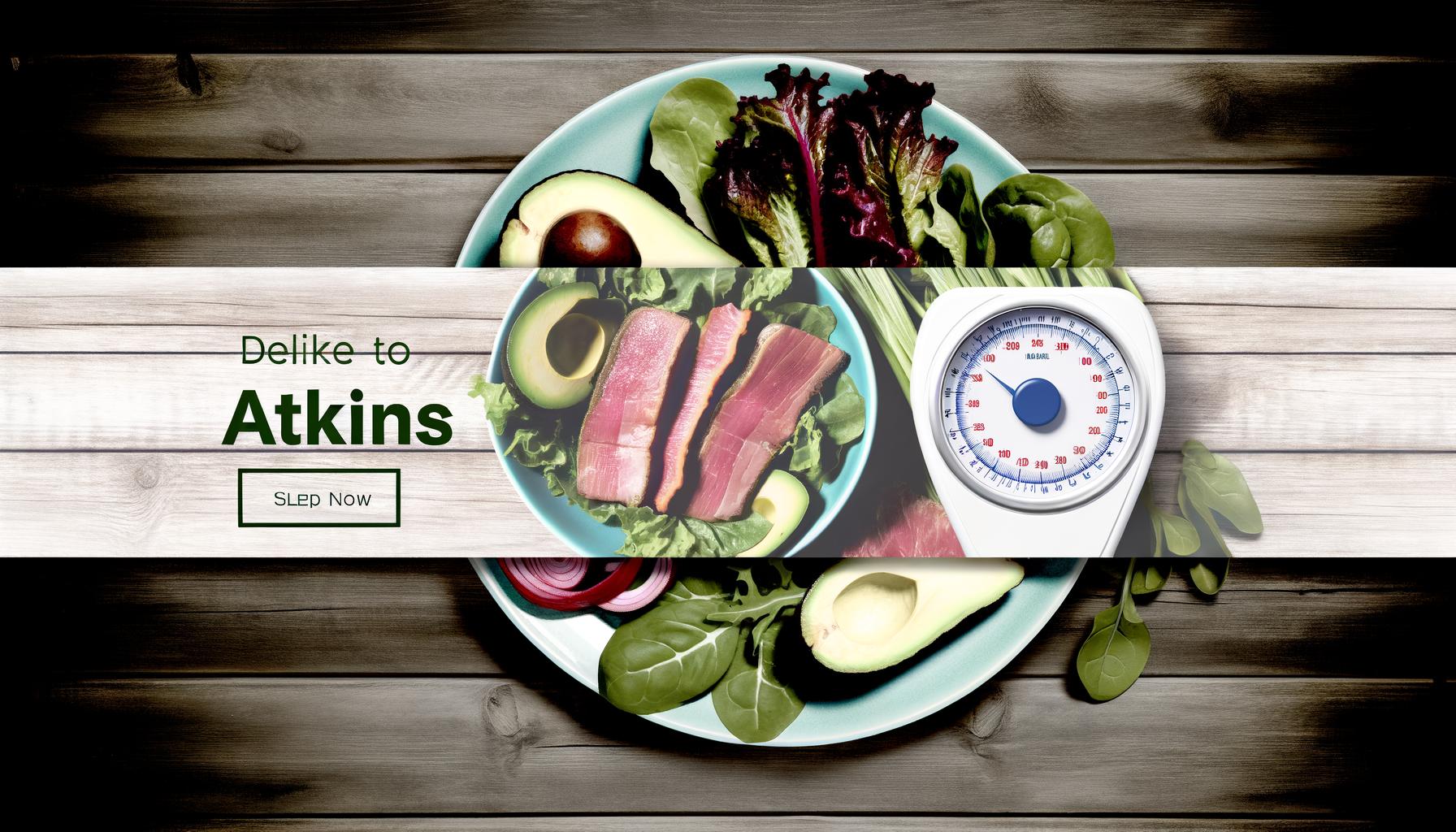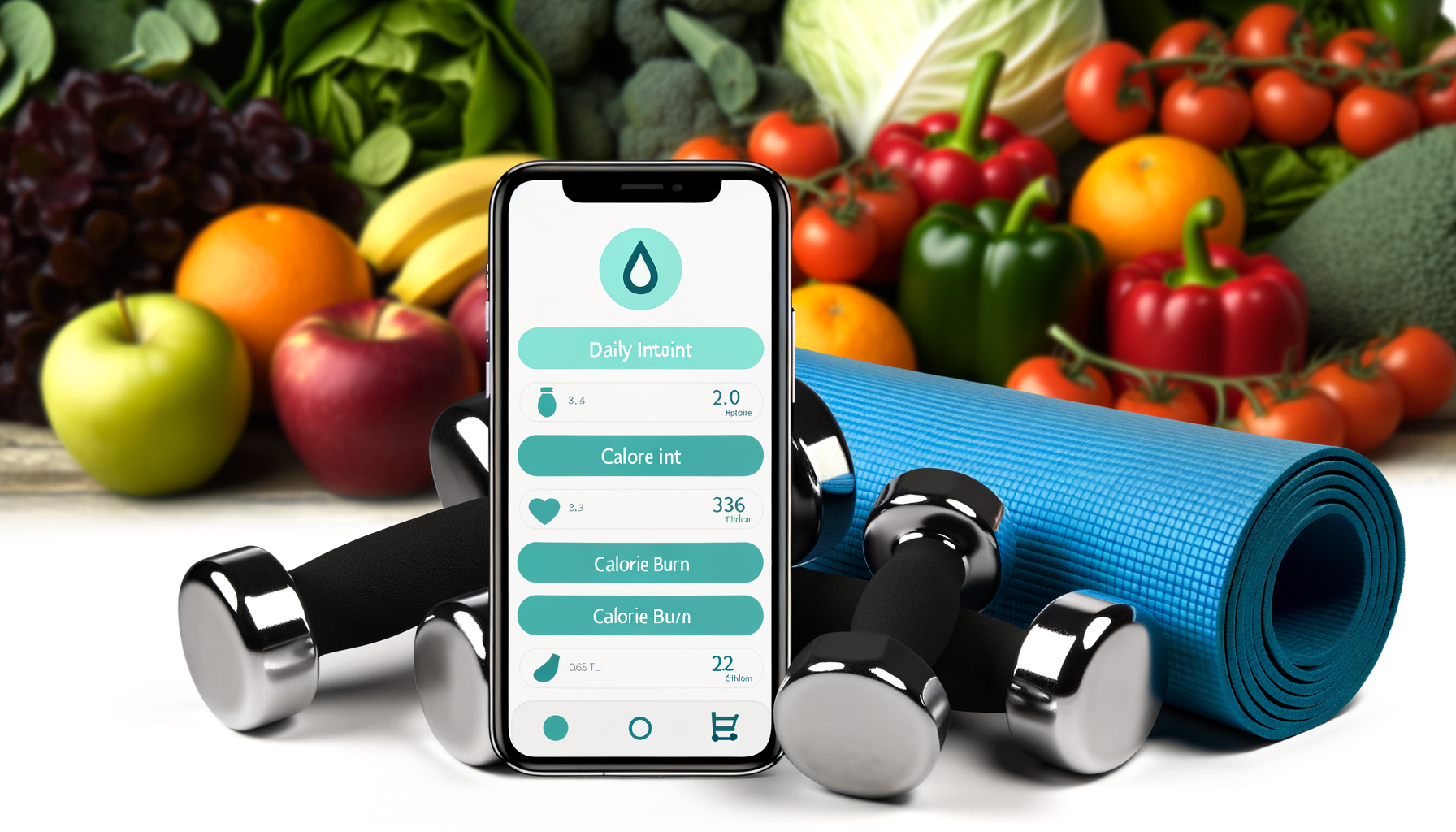Optimize Client Performance: Use a Calorie Calculator to Fuel Workouts
Optimizing client performance in workouts is a multifaceted challenge that requires a comprehensive approach, including understanding their nutritional needs. A key tool in this process is a calorie calculator, which helps in achieving energy balance, a crucial aspect of both workout fueling and recovery. By using a calorie calculator, fitness professionals can tailor personalized nutrition plans, ensuring their clients are properly fueled for their workouts and well-supported during recovery.
Understanding Calorie Calculators
A calorie calculator estimates the number of calories a person needs each day, taking into account factors such as age, weight, height, and activity level. This information is vital for managing client performance because it provides a baseline for meal planning and helps balance caloric intake with expenditure.
One widely used method for estimating daily calorie needs is the Mifflin-St. Jeor equation, considered one of the most accurate formulas for calculating Basal Metabolic Rate (BMR), which is the number of calories your body burns at rest. By incorporating physical activity levels into this equation, fitness professionals can accurately assess how many calories their clients need to support their workouts and recovery strategies.
For example, you can use tools like the Calorie Calculator or integrate a tool like the WP Calorie Calculator into your workflow to help clients understand their energy needs better. This integration can enhance the overall fitness journey by ensuring that nutritional advice is personalized and aligned with specific fitness goals, whether they are focused on weight loss, gain, or maintenance.
Benefits of Personalized Nutrition
Personalized nutrition is tailored to an individual's specific needs, which includes their genetic makeup, lifestyle, and dietary preferences. By focusing on personalized nutrition, fitness professionals can help clients achieve better results from their workouts. For instance, understanding a client's macronutrient needs—proteins, carbohydrates, and fats—can help determine the optimal diet plan for supporting muscle growth and recovery. Tools like the Macro Calculator can be instrumental in this planning process.
Pre- and post-workout meals are critical components of a personalized nutrition plan. These meals should be designed to provide the necessary energy for workouts and support muscle recovery afterwards. For example, a pre-workout meal rich in carbohydrates can help fuel intense exercise, while a post-workout meal high in protein can aid in muscle repair.
Integrating Recovery Strategies
Effective recovery strategies are as important as the workouts themselves for optimizing client performance. These strategies often focus on replenishing energy stores and repairing damaged muscle tissue. This includes not only nutritional elements but also rest and hydration practices.
For instance, after a workout, it's crucial to consume a meal that includes a mix of carbohydrates and proteins within a certain time frame, known as the anabolic window. This can help in refueling the body and supporting muscle recovery. Additionally, ensuring adequate hydration and sleep are essential components of any recovery plan.
Using Calorie Calculators for Workout Fueling
To fuel workouts effectively, clients need to understand how their daily caloric intake supports their energy needs during exercise. This means not only calculating their daily caloric requirements but also timing meals to ensure they have the necessary energy during workouts.
An exercise calorie calculator can help estimate how many calories are burned during specific activities, allowing for better planning of post-workout meals to replenish these lost calories. For example, if a client engages in a high-intensity workout that burns a significant number of calories, their post-workout meal should reflect this by providing a balanced mix of nutrients to aid in recovery.
Case Study: Implementing Personalized Nutrition
A successful case study involves a client who incorporated personalized nutrition into their workout routine. Initially, the client struggled with energy levels during workouts, leading to poor performance and slow recovery. By using a calorie calculator to determine their specific caloric needs and a macro calculator to refine their diet, they were able to optimize their pre- and post-workout meals. This resulted in improved energy levels, enhanced workout performance, and faster recovery times.
This case highlights the importance of tailoring nutritional advice to individual needs, rather than following a generic diet plan. By integrating tools like the WP Calorie Calculator and focusing on personalized nutrition, fitness professionals can significantly impact client performance and overall fitness journey.
Choosing the Right Tools
When selecting tools for optimizing client performance, it's essential to choose resources that offer accurate and personalized advice. Besides calorie calculators, other tools such as macro calculators and exercise calorie burn calculators can provide a comprehensive view of a client's nutritional needs and energy expenditure.
For instance, the World Cancer Research Fund's Exercise Calorie Calculator can help estimate calories burned during various activities, allowing for more precise planning of meals to support workout recovery.
Conclusion and Next Steps
In conclusion, using a calorie calculator as part of a broader strategy to optimize client performance can significantly enhance workout outcomes and overall well-being. By focusing on personalized nutrition and incorporating recovery strategies, fitness professionals can tailor their advice to meet specific client needs, leading to better results and increased client satisfaction.
To implement these strategies effectively, consider integrating tools like the WP Calorie Calculator into your workflow. For more information on how these tools can support your clients' fitness journeys, explore different pricing plans designed to meet various business needs.
Additionally, staying updated on the latest fitness research and trends is crucial for continued success. Resources like ACE Fitness and Athlean-X provide valuable insights and tools to enhance your expertise in personalized fitness planning.
By combining these resources with a clear understanding of nutritional needs, you can offer clients a holistic approach to achieving their fitness goals, ensuring they are well-equipped for every workout and recovery phase.











